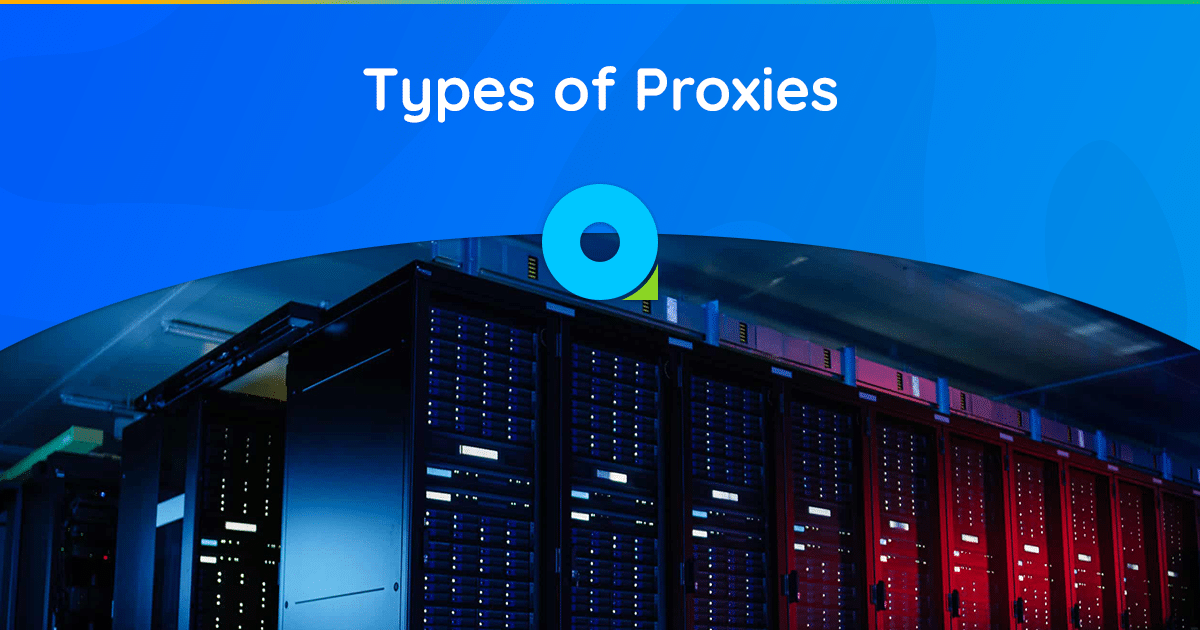
The proxy server changes the user’s IP address to its own. This opens access to sites that are closed by geolocation. And renting several proxies will allow you to create and manage different accounts on social networks from one device. In this material we will tell you what proxies exist and for what tasks they are used by ordinary users and professionals.
Free proxies
Public proxies are used for a one-time visit to an Internet resource, if this is not possible from the main IP address, but are not suitable for regular use. Productive and reliable proxies are purchased for money. Free proxies are full of disadvantages:
- Low speed and frequent connection interruptions. Public proxy servers are located on the Internet and are freely accessible. In connection with this, 5 or even 10 people connect to one IP address at a time.
- Confidential data is at risk. Free proxies operate using the HTTP protocol – this is a direct transfer of data from the server to the user. This protocol is unsafe because it is susceptible to hacker attacks. There is another problem: no one guarantees that the proxy owners themselves will have access to your social networks, passwords and bank card logins. The fact is that when working with a proxy, all cookies are stored on the owner’s device.
- You cannot create an account on a popular site. Users actively use public proxies and often proxy IP addresses end up on blacklists of Internet resources. If one user using a certain IP address is banned, then you will no longer be able to access this site.
The functionality of individual proxies is much broader and provides a number of advantages for which it makes sense to pay.
Paid proxies
Paid proxies are the opposite of public ones. They do not have all the disadvantages of free ones:
- Fast. Individual proxies on private servers operate at a speed of 40-50 Mbit/sec.
- Exclusivity. Private proxies are issued to one person with a login and password. This ensures that no one else is using them before you or at the same time. This means that these IPs are not banned on any of the sites.
- Anonymity. Proxies replace your IP with their own, thus hiding the user’s identity on the Internet.
- Safety. Paid proxies operate via the HTTPS protocol – this is a secure connection in which data is encrypted during transmission. Even if they intercept online banking access data or login and password for social networks, they will still not be able to decrypt them.
As you can see, high-quality private proxies do not have all the disadvantages of public proxies and are worth paying for.
For what tasks are proxies used?
Let’s look at three popular ways to use proxies:
- Multi-account. Creation and simultaneous maintenance of several accounts on one Internet resource. This is especially true when making money and promoting, when advertising requires large investments.
- Ensuring confidentiality. By creating a request in the browser, data is collected to create annoying contextual advertising. The proxy server hides the history of search queries and setting up contextual advertising becomes impossible.
A number of these advantages greatly facilitate the user’s life and make using a browser or separate software more convenient. But it is important to understand the functionality of a proxy when selecting an intermediate server, because not all protocols protect the user’s information and online identity. Let’s look at the types of existing proxies.
Proxy types
There are three main types of network protocols on which proxy work is based:
- HTTP. As part of the protocol, data is transferred directly from the addressee to the recipient. The protocol does not provide encryption and this is its main drawback.
- HTTPS is an improved and more secure version of HTTP. It encrypts data – all outgoing traffic is encrypted with a set of random letters and numbers, so that third parties will not have access to the user’s personal information;
- SOCKS is a protocol that transfers data packets from the server to the user through an intermediate proxy server. Simply put, the traffic passes through the proxy, and then the final connection to the destination occurs. SOCKS is considered one of the most reliable and secure protocols.
Conclusion
Using a proxy server is an essential tool for marketers, scrapers, and users who want to hide their real IP. Working through an individual proxy server is a guarantee of anonymity, high speed and data confidentiality. Public proxies, on the contrary, are freely available and promise only the loss of personal data. And our project offers high-quality proxies: round-the-clock technical support, refunds within 24 hours and automatic issuance of orders.




